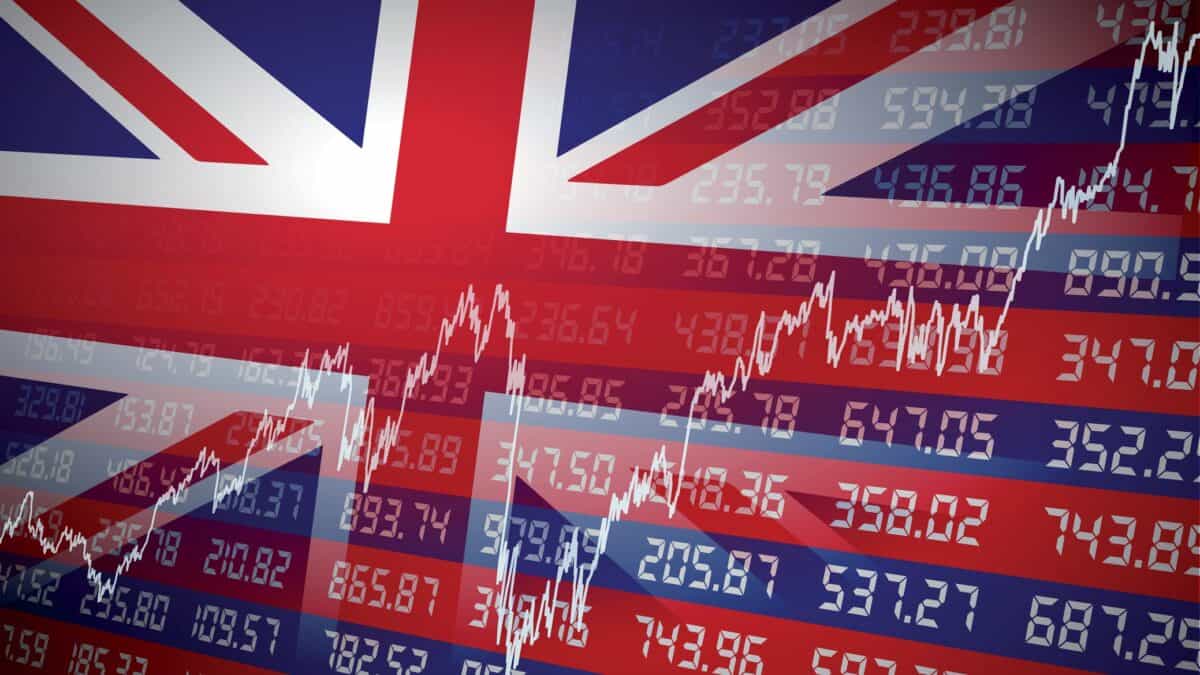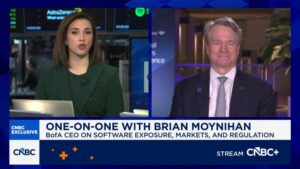Due to their exposure to the UK economy, it’s often said that stocks on the FTSE 250 are less affected by global events.
However, 59% of their revenue comes from overseas. Admittedly, this is less than the FTSE 100’s 80%. But it does illustrate that increased globalisation makes it ever more difficult for companies to isolate themselves from world events.
During his election campaign, Donald Trump said he’ll impose tariffs of 10%-20% on all imports to the US. Apparently unconcerned by the possibility of a global trade war, American voters duly elected him their 47th President.
But if Trump carries out his threat to impose import levies, there could be some big FTSE 250 losers.
Possibly bad news
For example, both Dr Martens and Burberry rely on North America for a large proportion of their sales.
However, it could be even worse for the bootmaker. Most of its products are made in the Far East. Trump has said he’ll impose a 60% tariff on goods imported from China.
In 2023, Aston Martin Lagonda sold cars worth £453m to the United Sates. A 20% price increase would be a huge blow.
On the other hand
But there could be a FTSE 250 winner from Trump’s second term in office. And it’s not because of tariffs.
Babcock International Group (LSE:BAB) is an international defence, aerospace and security company. Since Russia’s invasion of Ukraine, its share price has increased by 59%. And with global conflicts on the rise, it could increase further.
NATO members have committed to spending 2% of GDP on defence. But Trump’s said that America contributes disproportionately and that all members should pay 3%. The UK government’s “committed” to 2.5% but hasn’t specified a date.
If the UK spent 3% of GDP next year, it would cost an additional £16.6bn. And when it comes to defence expenditure, governments like to buy local, which can only be to Babcock’s benefit.
Strengths and weaknesses
Interestingly, the group has a lower price-to-earnings ratio (P/E) than other defence companies. It currently trades on a multiple of 11.5 times its expected earnings for the year ending 31 March 2025 (FY25). This compares to, for example, a forward P/E ratio of 20.3 for BAE Systems.
This is probably due to a reliance on the UK government for work. During FY24, 70% of its revenue was generated domestically (BAE Systems: 26%).
Therefore, when Trump arrives in the White House, Babcock’s apparent weakness — namely, its reliance on the UK defence sector — could become a major strength.
But even without the help of the President-elect, the business appears to be in good shape. At 31 March, the group had a contract backlog of £10.3bn. And its net debt relative to earnings had fallen to 0.8, compared to 1.5 a year earlier.
However, of some concern is the company’s £190m loss on a £1.25bn contract to supply five warships to the Royal Navy. And during the summer, two of the company’s directors sold £3.5m of stock. It’s never a good look when insiders decide to sell.
Investing in the defence sector’s undoubtedly controversial. But I’m going to put Babcock on my watchlist because, if Trump does force NATO members to spend more, I’m optimistic that the company will be one of the beneficiaries.
This post was originally published on Motley Fool







